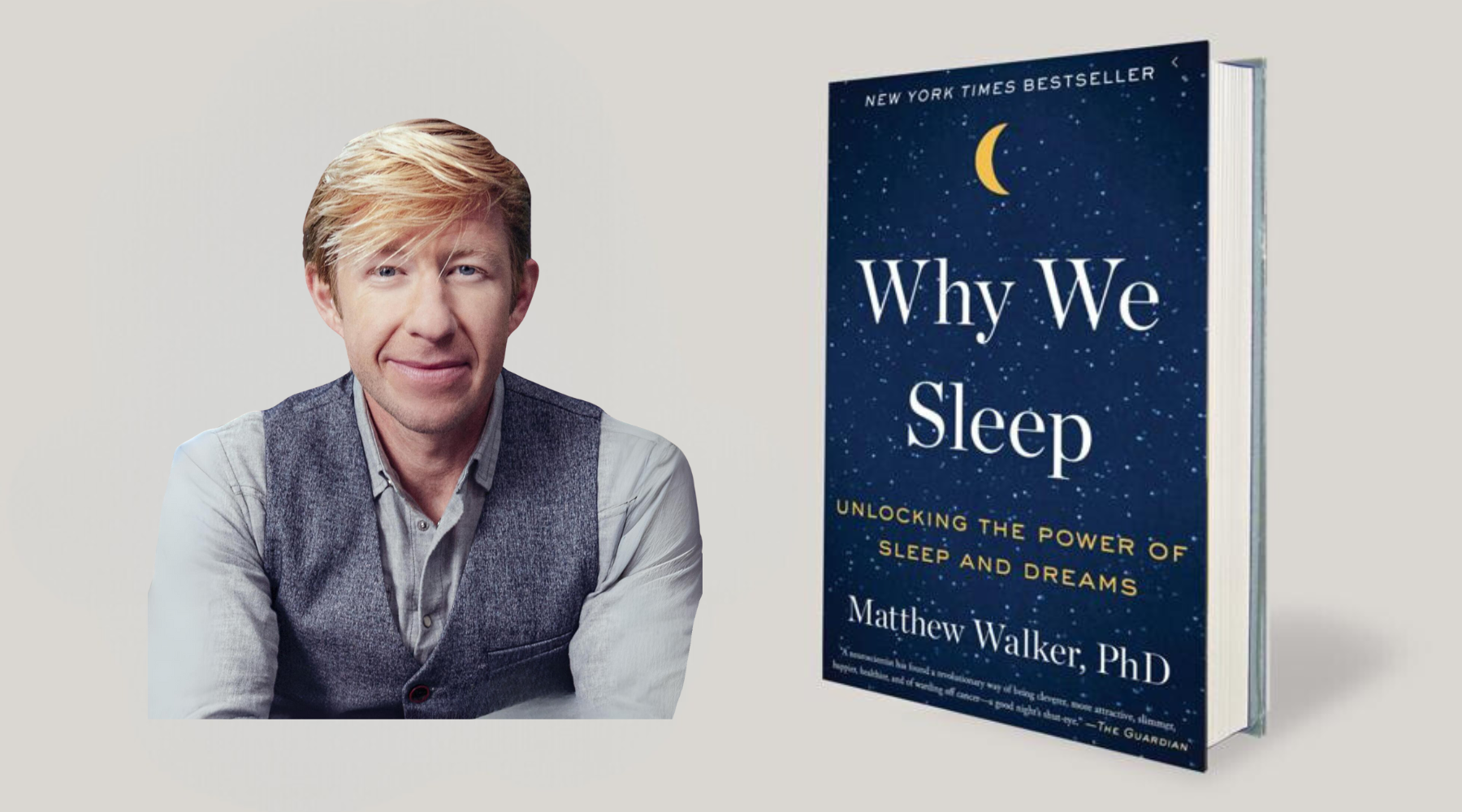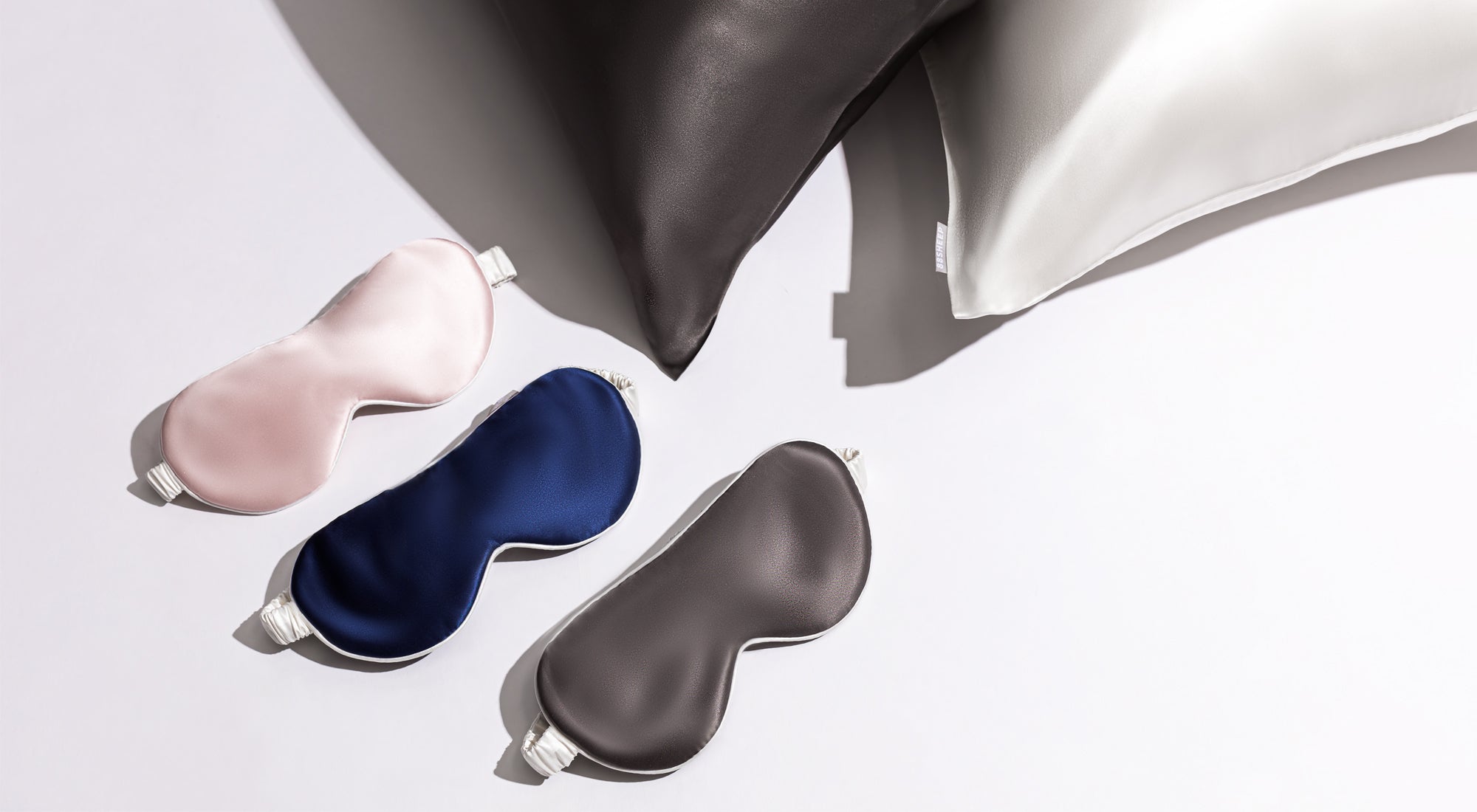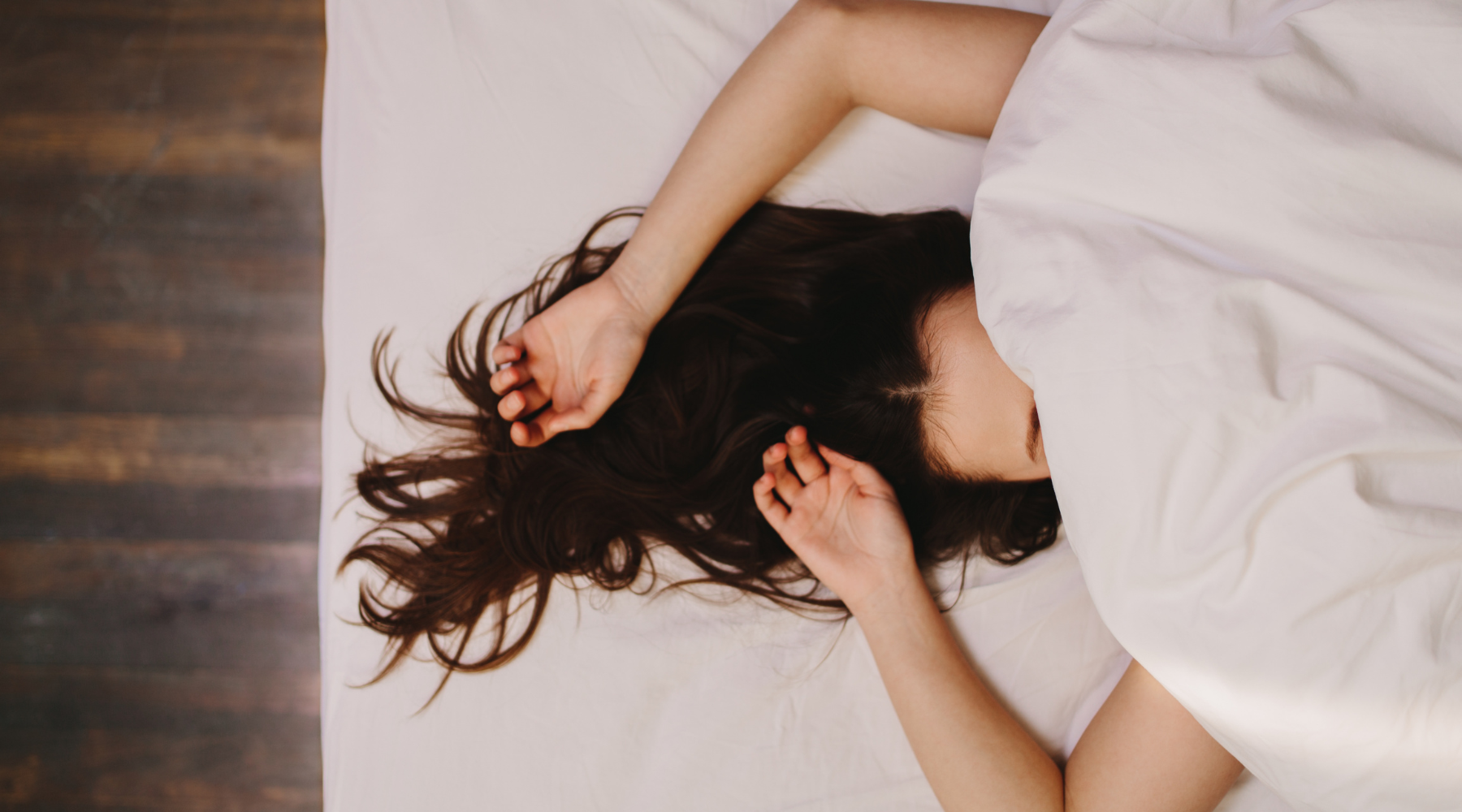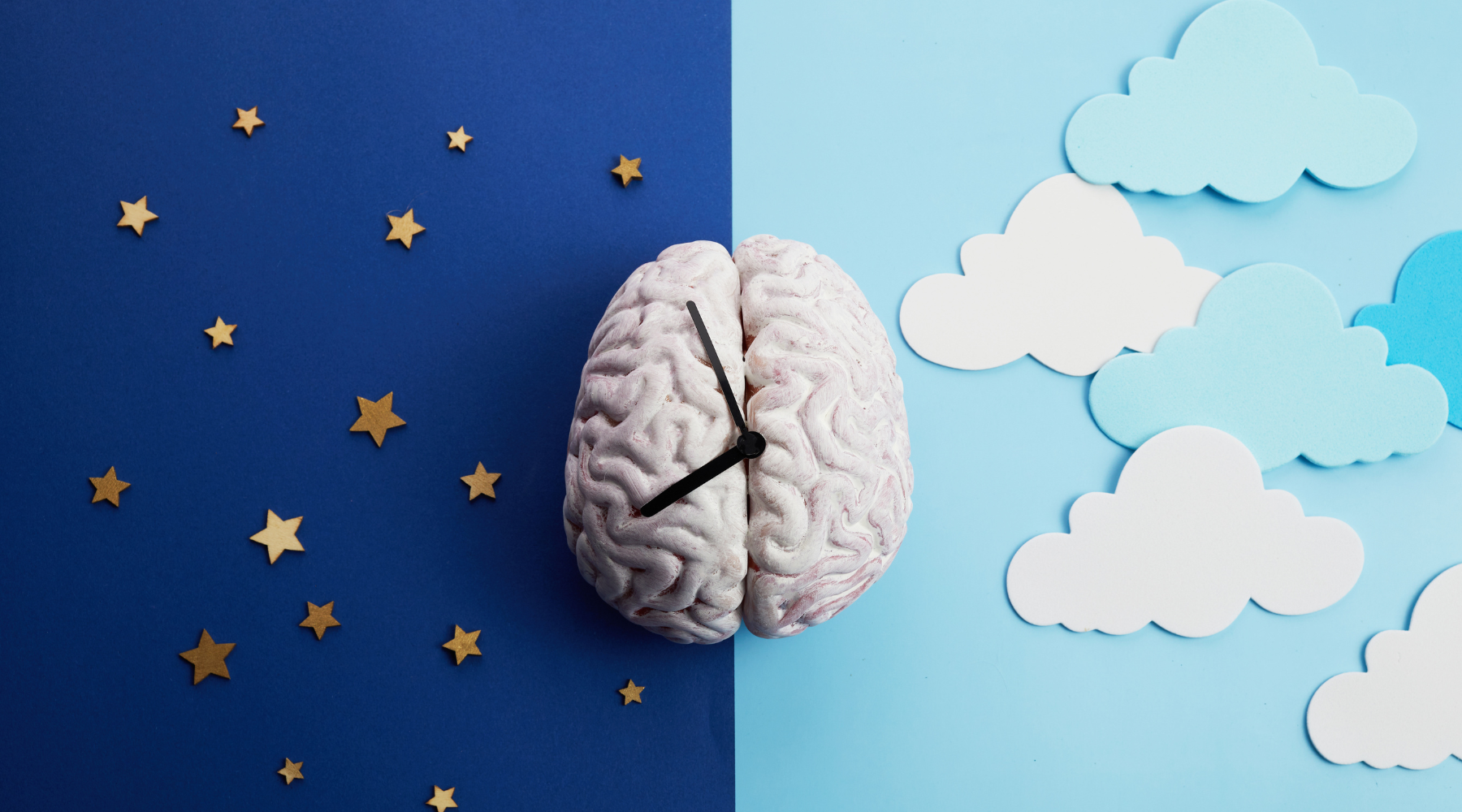Matthew Walker's Complete Guide to a Good Night's Sleep

In our fast-paced, always-on world, sleep often takes a backseat to our busy lives. Yet, the importance of quality sleep cannot be overstated. Enter Matthew Walker, a renowned sleep scientist and professor of neuroscience and psychology at the University of California, Berkeley. Walker, author of the international bestseller "Why We Sleep," has dedicated his career to understanding the intricacies of sleep and its profound impact on our health, productivity, and overall well-being.
In this comprehensive guide, we'll explore Walker's key recommendations for achieving restful, rejuvenating sleep. By implementing these science-backed strategies, you can transform your nights and revolutionize your days.
1. Stick to a Sleep Schedule
One of Walker's most emphatic recommendations is maintaining a consistent sleep schedule. Our bodies thrive on regularity, and this is especially true when it comes to sleep.
Consistency is Key
Try to go to bed and wake up at the same time every day, even on weekends. This consistency helps regulate your body's internal clock, or circadian rhythm. When your sleep schedule is erratic, it's like experiencing mild jet lag every day, disrupting your body's natural rhythms.
The Power of Regularity
A regular sleep schedule helps your body anticipate sleep, making it easier to fall asleep and wake up naturally. Over time, you may find yourself waking up without an alarm, a sign that your body has internalized your sleep schedule.
To help maintain this schedule, consider using a sleep tracker or a simple alarm, like our 15 Minute Hourglass Timer, to signal when it's time to start your bedtime routine.
2. Create a Relaxing Bedtime Routine
Walker emphasizes the importance of "sleep hygiene" - the practices and habits that are conducive to sleeping well on a regular basis. A crucial part of this is establishing a calming pre-sleep routine.
Wind-Down Activities
Engage in relaxing activities in the hour before bed. This might include:
- Reading a book (avoid e-readers that emit blue light)
- Listening to soothing music or a sleep-focused podcast
- Practicing gentle yoga or stretching
- Meditation or deep breathing exercises
- Journaling to clear your mind of the day's thoughts
Our Calm Workbook can be an excellent tool for developing a pre-sleep mindfulness practice, helping to quiet your mind and prepare for restful sleep.
Avoid Stimulating Activities
In the lead-up to bedtime, steer clear of activities that might be energizing or stress-inducing. This includes:
- Intense exercise (though light stretching can be beneficial)
- Work-related tasks
- Emotionally charged conversations
- Watching thrilling or scary movies
The goal is to make the transition to sleep as smooth and stress-free as possible.
3. Optimize Your Sleep Environment
Walker often speaks about the importance of creating a sleep-friendly environment. Your bedroom should be a sanctuary dedicated to rest.
Temperature Control
Keep your bedroom cool. The ideal temperature for sleep is around 65°F (18°C). Our bodies naturally experience a slight drop in core temperature as we prepare for sleep, and a cool room can facilitate this process.
Darkness and Light Management
Darkness is crucial for the production of melatonin, the hormone that regulates our sleep-wake cycle. Make your bedroom as dark as possible. Consider using blackout curtains or a high-quality sleep mask.
Our Silk Sleep Mask is designed to block out light effectively while providing a luxurious, comfortable feel. Its breathable, hypoallergenic silk material makes it an excellent choice for those with sensitive skin.
Noise Reduction
A quiet environment is conducive to better sleep. If you live in a noisy area, consider using earplugs, a white noise machine, or a fan to create a consistent, soothing background sound.
4. Mind Your Diet and Exercise
What you consume and how you move your body during the day can significantly impact your sleep at night.
Avoiding Caffeine and Alcohol Before Bed
Walker advises against consuming caffeine in the afternoon and evening. Caffeine has a half-life of about 6 hours, meaning that half of the caffeine from a cup of coffee consumed at 4 PM is still in your system at 10 PM.
While alcohol might make you feel sleepy initially, it disrupts the quality of your sleep, particularly in the second half of the night. Try to avoid alcohol for at least 3 hours before bedtime.
The Role of Exercise in Promoting Good Sleep
Regular exercise can significantly improve sleep quality. However, timing is crucial. Aim to finish moderate to intense exercise at least 2-3 hours before bedtime. This gives your body time to wind down and your core temperature to drop.
If you're looking to incorporate more mindful movement into your routine, our Mind & Body Book offers guidance on harmonizing your physical and mental states, which can be particularly beneficial for sleep.
Timing of Meals and Their Impact on Sleep
Try to finish your last heavy meal 2-3 hours before bedtime. Going to bed on a full stomach can lead to discomfort and acid reflux, disrupting your sleep. If you're hungry close to bedtime, opt for a light snack that combines complex carbohydrates and protein, such as a small bowl of whole-grain cereal with milk.
5. Manage Electronic Device Usage
In our digital age, managing our relationship with electronic devices is crucial for good sleep hygiene.
The Effects of Blue Light on Sleep
The blue light emitted by smartphones, tablets, computers, and TVs can interfere with your body's production of melatonin, making it harder to fall asleep. This light tricks your brain into thinking it's still daytime, disrupting your natural circadian rhythm.
Implementing a "Digital Sunset"
Walker recommends implementing a "digital sunset" - turning off all screens at least an hour before bedtime. If you must use your devices, consider:
- Using blue light filtering apps or settings on your devices
- Wearing blue light blocking glasses in the evening
- Switching to warm, dim lighting in your home as bedtime approaches
For those struggling with phone addiction, our Phone Detox book offers strategies to develop a healthier relationship with technology, which can be particularly beneficial for improving sleep habits.
6. The Importance of Sunlight and Darkness
Matthew Walker emphasizes the crucial role that light exposure plays in regulating our sleep-wake cycle.
Morning Sunlight Exposure
Try to get sunlight exposure early in the day, ideally within the first hour of waking. This helps to regulate your circadian rhythm and increases alertness. Even on cloudy days, outdoor light is much brighter than indoor lighting and can have a positive effect.
Evening Light Reduction
As evening approaches, gradually reduce your exposure to bright lights. This signals to your body that it's time to start producing melatonin, the hormone that helps you feel sleepy. Consider using dimmer switches or low-wattage bulbs in the evening.
7. Napping Wisely
While naps can be refreshing, they need to be approached carefully to avoid interfering with nighttime sleep.
The Benefits and Potential Pitfalls of Napping
A short nap can improve alertness, mood, and performance. However, napping too long or too late in the day can disrupt your nighttime sleep patterns.
Ideal Nap Duration and Timing
Walker suggests limiting naps to 20-30 minutes and taking them no later than early afternoon. This "power nap" duration allows you to enter stage 2 sleep, which can be restorative, without entering deeper stages of sleep that might leave you feeling groggy.
Our 15 Minute Hourglass Timer can be a helpful tool for timing your naps, ensuring you don't oversleep and disrupt your nighttime rest.
8. Dealing with Sleep Anxiety
Anxiety about sleep can often become a self-fulfilling prophecy, making it harder to fall asleep.
Cognitive Techniques for Managing Sleep-Related Stress
Walker recommends cognitive restructuring techniques to address anxious thoughts about sleep. This might involve challenging catastrophic thinking (e.g., "If I don't sleep well tonight, I'll ruin my entire week") and replacing it with more balanced thoughts.
Our Anti-Anxiety Notebook can be a valuable tool for working through sleep-related anxiety, helping you identify and reframe anxious thoughts that might be keeping you awake.
When to Get Out of Bed if You Can't Sleep
If you find yourself lying awake for more than 20-30 minutes, get out of bed and do a quiet, non-stimulating activity in dim light until you feel sleepy. This helps prevent your brain from associating your bed with wakefulness.
9. Understanding Sleep Stages and Cycles
Knowledge about sleep architecture can help you appreciate the importance of uninterrupted sleep.
Brief Overview of Sleep Architecture
Sleep is not a uniform state but cycles through different stages: light sleep (N1 and N2), deep sleep (N3), and REM sleep. Each stage plays a crucial role in various aspects of physical and mental restoration.
The Importance of Complete Sleep Cycles
A full sleep cycle takes about 90-110 minutes. Ideally, you want to complete several full cycles each night, which is why Walker recommends aiming for 7-9 hours of sleep for adults.
10. Special Considerations
Certain life circumstances can pose unique challenges to maintaining good sleep habits.
Shift Work and Jet Lag
For shift workers, Walker recommends trying to maintain as consistent a sleep schedule as possible, even on days off. For jet lag, he suggests quickly adapting to the new time zone by getting sunlight exposure at the right times.
Age-Related Sleep Changes
As we age, our sleep patterns naturally change. Older adults might find they wake up earlier or have more fragmented sleep. Walker emphasizes the importance of maintaining good sleep hygiene habits regardless of age.
11. When to Seek Professional Help
While these strategies can significantly improve sleep for many people, sometimes professional help is necessary.
Recognizing Signs of Sleep Disorders
If you consistently have trouble falling asleep, staying asleep, or feeling refreshed upon waking despite following good sleep hygiene practices, it might be time to consult a professional. Other signs include loud snoring, gasping for air during sleep, or feeling excessively sleepy during the day.
Types of Sleep Specialists and Treatments
Sleep specialists can diagnose and treat a range of sleep disorders. Treatments might include cognitive behavioral therapy for insomnia (CBT-I), continuous positive airway pressure (CPAP) for sleep apnea, or other interventions depending on the specific issue.
For those dealing with sleep-related anxiety or looking to improve their sleep habits, our Sleep CBT Bundle can be a great starting point, offering cognitive behavioral strategies specifically tailored for better sleep.
Conclusion
Matthew Walker's research underscores the vital importance of sleep for our physical health, mental well-being, and overall quality of life. By implementing these science-backed strategies, you can significantly improve your sleep quality and, by extension, your waking life.
Remember, good sleep is not a luxury – it's a biological necessity. Prioritizing sleep means prioritizing your health, cognitive function, emotional well-being, and even your longevity. It might take time to adjust to new sleep habits, but the benefits are well worth the effort.
Start by choosing one or two of these recommendations to focus on, and gradually incorporate more as they become habitual. Whether it's sticking to a consistent sleep schedule, creating a relaxing bedtime routine, optimizing your sleep environment with tools like our Silk Sleep Mask, or managing your exposure to light, each step you take brings you closer to the restorative sleep your body and mind deserve.
Here's to unlocking the secrets of restful nights and embracing the transformative power of quality sleep. Sweet dreams!



